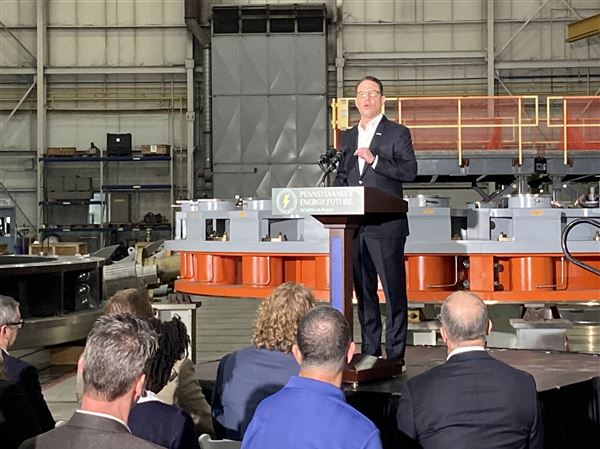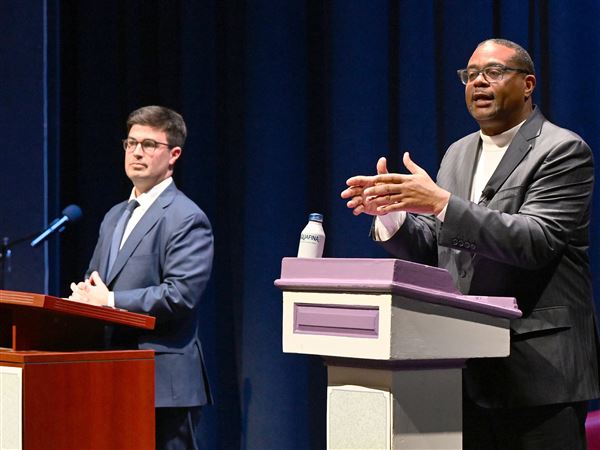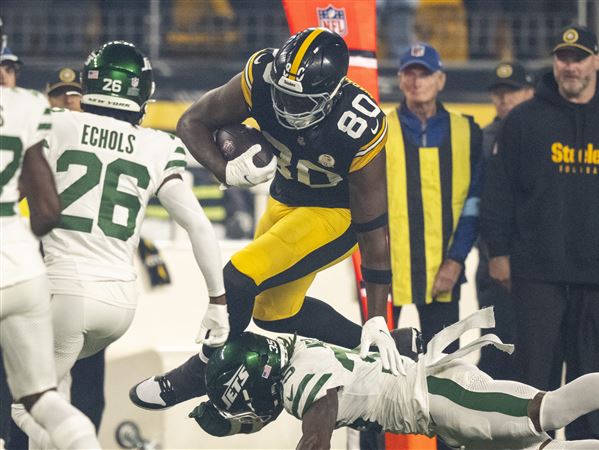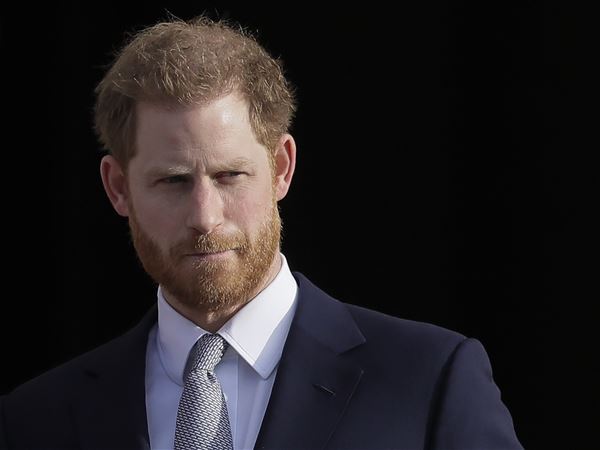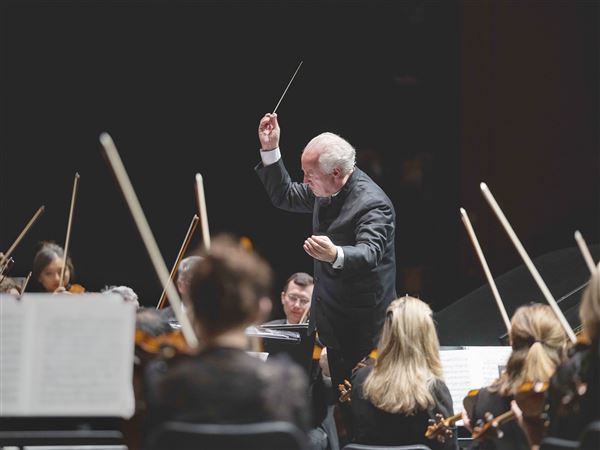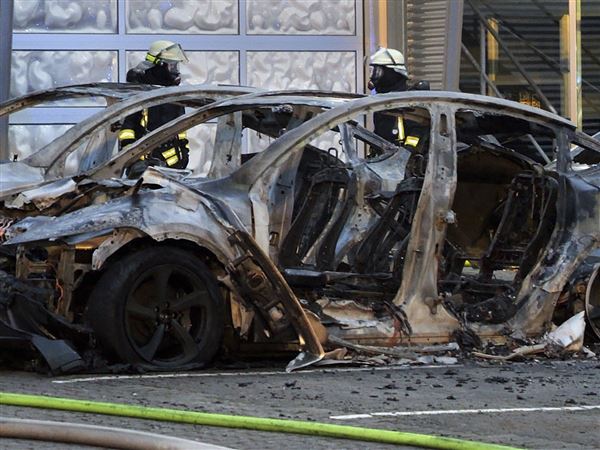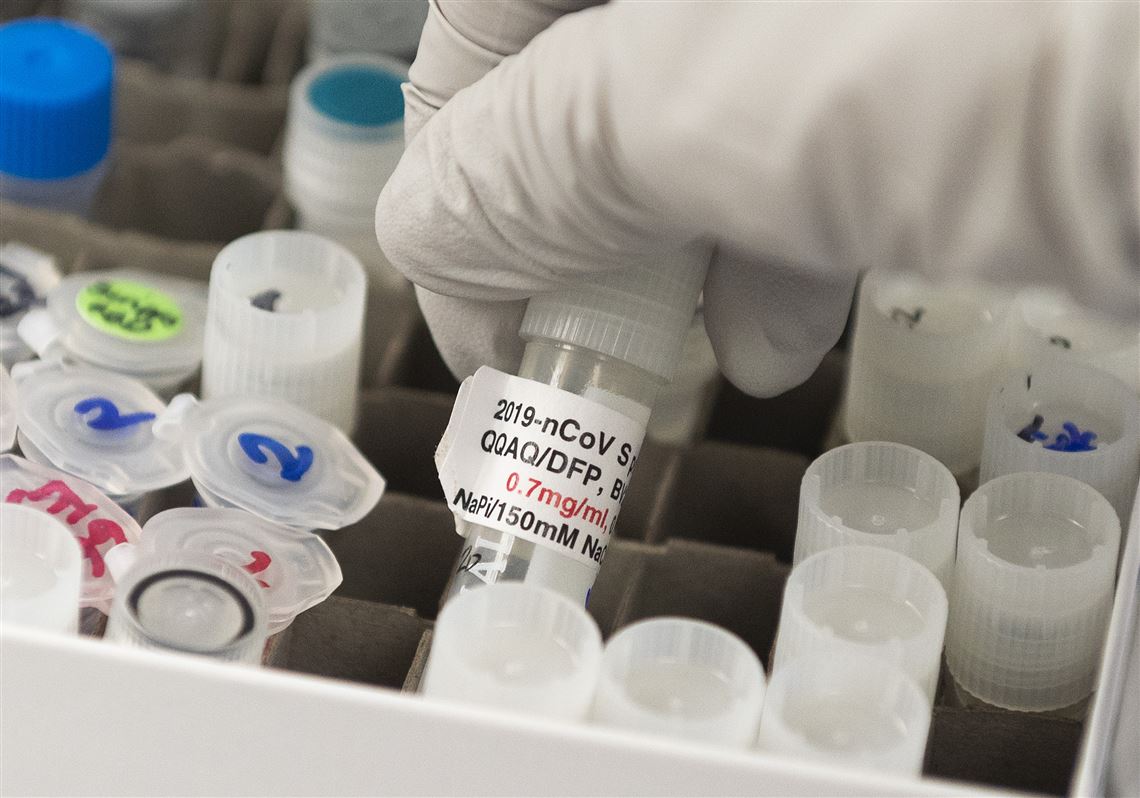Pittsburgh is well known as the place where Jonas Salk developed the first poliovirus vaccine in the 1950s, and is now where three of the more than 135 potential COVID-19 vaccines are being researched. But an approved coronavirus vaccine won’t do any good if people aren’t willing to roll up their sleeves for it.
Despite the severity of the COVID-19 pandemic, a significant number of Americans are already showing skepticism about taking a potential vaccine, which could still be months or years away. Misinformation and conspiracies already run rampant.
A Reuters/Ispos poll of 4,428 U.S. adults, surveyed in May, found that almost a quarter of respondents expressed hesitancy about taking a coronavirus vaccine. Fourteen percent said they were “not at all interested,” while 10% said they were “not very interested.” An additional 11% were unsure.
Out of those with little or no interest in a vaccine, 40% said they believed a vaccine would be deadlier than the virus itself. About half were concerned about the vaccine being “rushed.” The White House has emphasized speed, nicknaming the vaccine effort “Operation Warp Speed.”
If a vaccine is developed, a majority of Americans must take it in order to develop so-called herd immunity, which occurs when a large portion of a population becomes immune to a disease, making the spread of it very unlikely. The threshold for herd immunity varies depending on the disease, but experts say at least 70% of a population would need to be vaccinated to mitigate COVID-19’s spread.
Public health leaders need to factor combating uncertainty over a coronavirus vaccine into their discussions about creating and distributing one. Not doing so now will slow efforts to achieve herd immunity.
Consider how polio has been effectively eradicated in the U.S. When Salk’s vaccine became available in 1955, 98 million people stepped forward to receive it before 1963. An additional 100 million received the simpler Sabin oral vaccine between 1962 and 1965. This was for a disease that primarily affected children, or a third of the U.S. population. By 1980, there were no more polio cases in the U.S., and immunization rates for infants have since stayed largely above 80%, the threshold for herd immunity.
Unfortunately, more than half of U.S. states have seen declines in immunization rates for polio in the past decade -- as well as for measles, mumps, and hepatitis B — because of the anti-vax movement. A combination of factors — including a fraudulent study linking vaccines to autism — have placed vaccine skepticism at an all-time high. In a recent Gallup survey, 11% of U.S. adults said vaccines are “more dangerous than the diseases they prevent,” while 10% believe vaccines cause autism. Forty-six percent were “unsure.”
One of the ways the March of Dimes and the U.S. government promoted widespread immunization against polio in the 1950s was by actively combating misinformation and stressing that as many people as possible needed to get the vaccine. Public health and government officials must similarly prepare to promote a future coronavirus vaccine.
First Published: June 27, 2020, 10:00 a.m.
